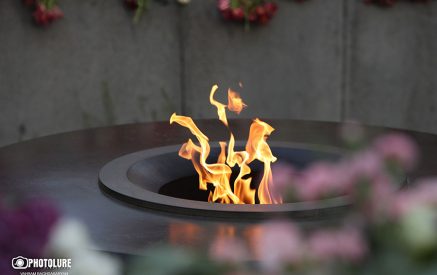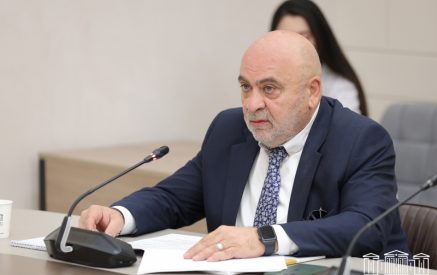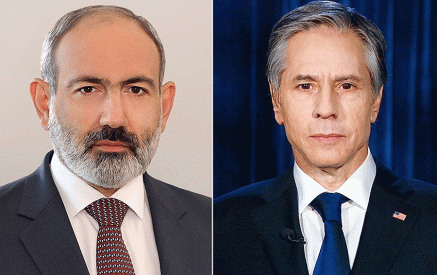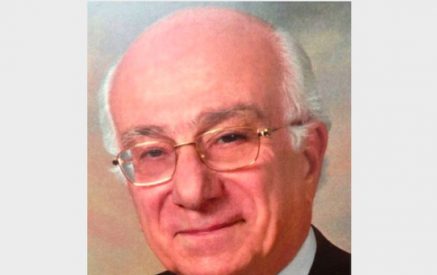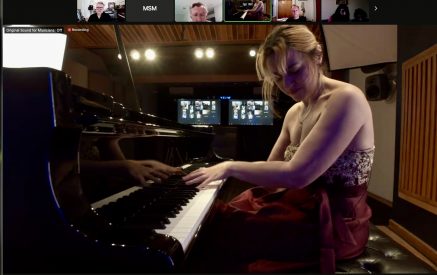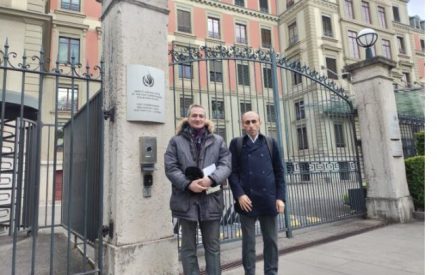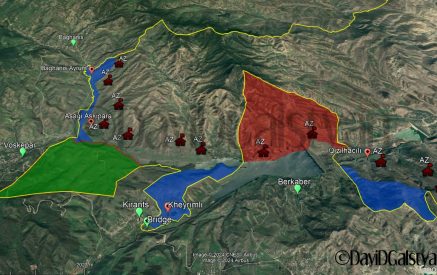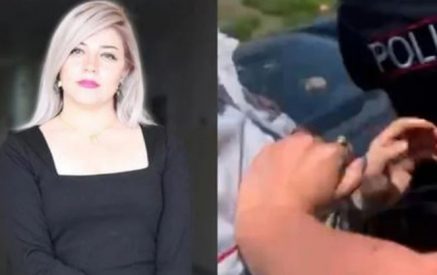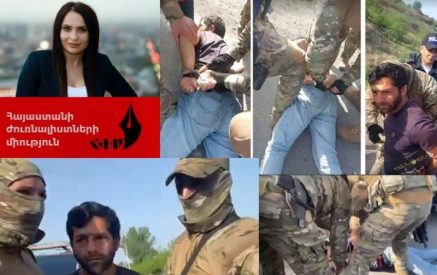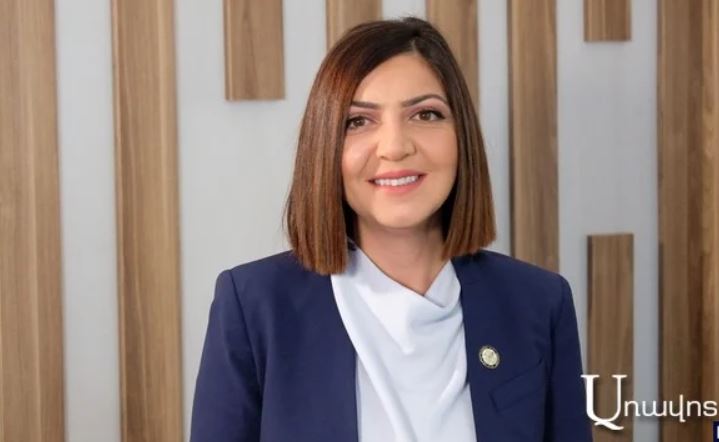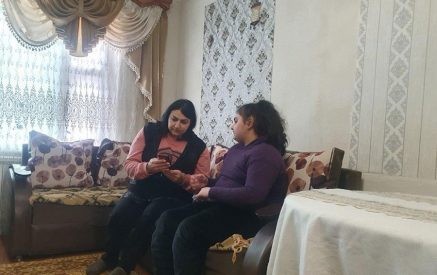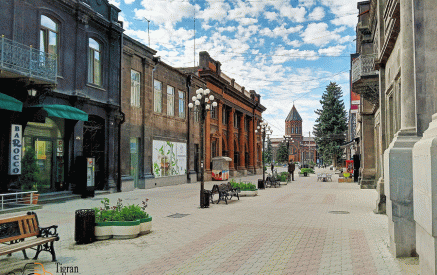Elen Asatryan was elected a member of the Glendale City Council, taking second place in the election race consisting of 8 candidates.
She was the city’s first immigrant, the first Armenian, and the youngest woman elected to the council. His inauguration ceremony took place on July 12 of this year.
Born in Armenia, Ellen Asatryan moved to Glendale with her family at ten and attended Columbus Elementary, Toll Middle, and Herbert Hoover High Schools. My interlocutor Asatryan’s active social activity began in high school when she brought to the Board of Education and the city government issues related to discrimination against the Armenian community in her school and city.
At the age of 15, she volunteered for the first time in a political campaign, and at the age of 19, she became a campaign manager in the Glendale local elections. It paved the way for many other successful political campaigns and social movements that Asatryan has led since 1999.
Read also
– Two days ago, you returned from Syunik, Kapan. Be at the community hall. As far as we know, last year, on June 8, Deputy Governor of Syunik Narek Babayan met with you and presented the post-war situation in the region, which you aimed to contribute to the Armenian community. Why were you in Kapan this time? We ask the question because you chose a bad period, a blockade, or a period of complex traffic problems.
– Kapan and Glendale have been sister cities for twenty years. When I was the director of the Hay Dat office in Glendale, I knew a lot of work was going on, but my connection was interrupted in 2009-2010. My visit was due to the issue of establishing relations between the operas of Los Angeles and Armenia. We will announce that later. I managed to be in Gyumri. Kapan is in danger right now, and our conversations in Kapan were slightly different from Gyumri. You can’t talk about regular city improvement projects when there are more severe security issues. When I return, I plan to create working committees. There has never been such a commission for Gyumri. I hoped the road to Artsakh would open and I would visit Martuni of Artsakh because we also became a sister city two months ago. Last year I went to the outskirts of Syunik. From the villages, I went to Inner Hand. I wanted to see the road myself. The news we get in the US is different than what we see with our own eyes. We talked with the organizations. After the war, the windows of the Inner Hand school were in bad condition. Before leaving for Kapan, I did not know that the school was closed and women and children were out. In the US, the information needs to reach me. Imagine if I did not realize that the situation is like that in Inner Hand. Our staff should connect with the community staff of Gyumri and Kapan; the work is extensive.
– It is known that after the last Artsakh war, on September 2, 2021, you are one of the resolution’s co-authors on the issue of Armenian prisoners of war. The fact is that we still have prisoners of war: 131 – unofficial, 32 – official. Do you have new initiatives to re-raise the issue?
– That resolution was an internal resolution of the Democratic Party, which declares the party’s platform. It went to Washington, and the party from Washington accepted it. It was important that the party had meetings with the selected candidates of the party and discussed the thirteen points of that in the candidates’ meetings.
– During the days of the war, on October 2, during a remote briefing in “Article 3”, you expressed such an idea. “There is a question of big lobbying in the USA; we learned that Azerbaijan and Turkey have been preparing for this for about nine months, making big investments. Now we work in all areas. We did much work in social networks and lobbying matters.” Aren’t we losing on that front?
– It is related to the issue of how information goes out of Armenia. As far as we know, they are in Armenian. Social media speak English and read English. There are several local newspapers in our community, and we all follow them; making the connection between the press there and here is the most significant part. For the last six, seven, or ten years, those from Armenia followed the Armenian media, and those who grew up in the USA followed the local press.
– You have been in Armenia since December 21. You can witness that Artsakh has been under siege for eighteen days. You have connections with American political and diplomatic circles. Do you inform your party about the blockades?
– I am in contact. When I return to the US, we shall discuss the issues. Today we have a meeting. The new US ambassador to Armenia still has to arrive; the old one has already left. The embassy plays a significant role. It is always crucial that not only the community and the organizations present their demands. We should take an example from the history of the Genocide; the USA played a significant role in saving orphans and the people, and non-Armenian organizations did it. My appeal to both Hay Dat and the community is not for us to talk among ourselves but for there to be intermediary organizations to raise their voice; one voice will become a more powerful voice.
Interview by Ruzan Minasyan

